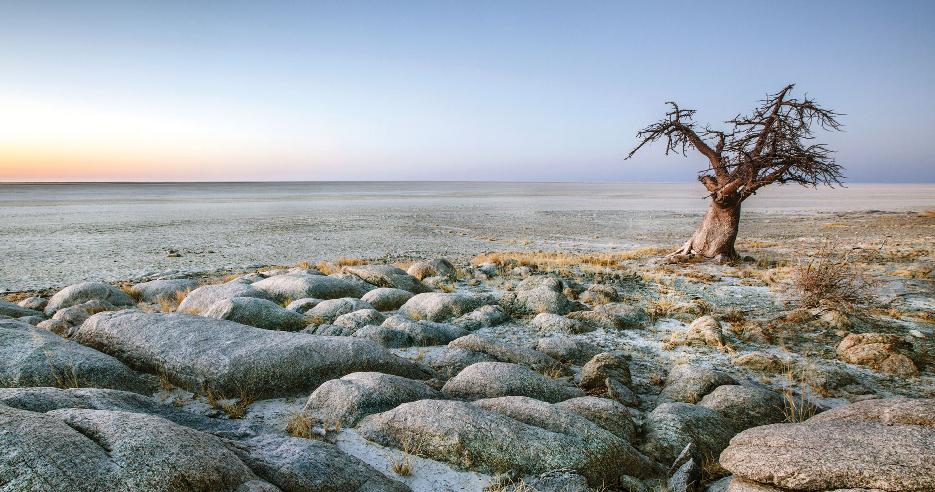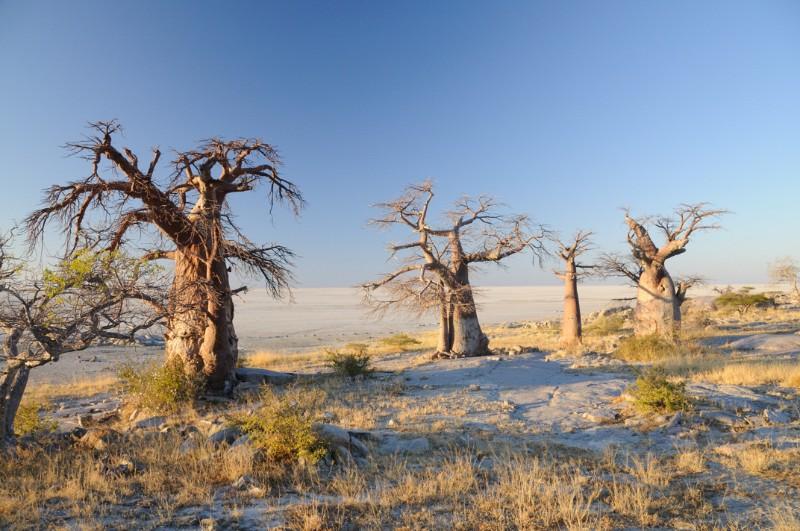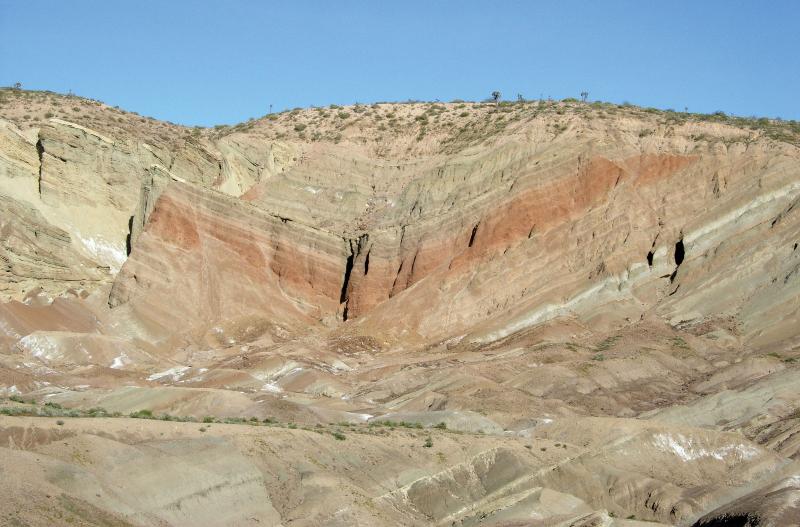So, suppose a world that, for most of its biological history, was a water world, with minimal dry land. Starting from the Cambrian Explosion analogue, the world stays like this for roughly 460 million years. Then, most of the water is magically drained off into space, leaving roughly the same land-to-sea ratio as is seen on earth. land animals (and plants) are portaled in from another dimension. Roughly 40 million years pass after this event.
What does this world look like, and how does it differ from our own? Would it be obvious to people living on this planet that it was completely submerged for most of it's history? If so, at what point in their technological development would they be able to tell? How might the changes affect these people's culture? How much time must pass between the draining of the world and the addition of land plants so that they don’t all die due to salt content in the soil?
For the sake of simplicity, assume that the people are humans and that the land animals are identical to those from our world. In fact, assume that they ARE the humans and animals from our world, who came to this planet shortly after it’s seas were partially drained via magic portals during the Paleolithic.



